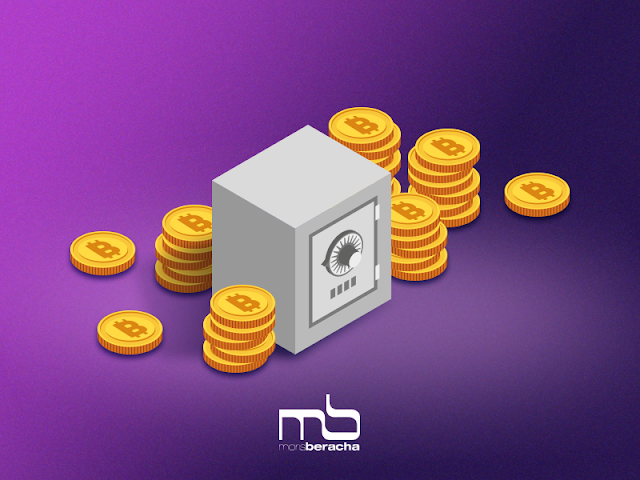How Blockchain Could Transform the Way We Work

By Mark Williams Blockchain is one of those tricky concepts known by many but understood by few. Despite this, it has been heralded as a true game changer with the ability to revolutionise traditional transactions and processes. Some even compare its potential to that of the internet. But what does blockchain technology do, and how is it impacting the world of work? What is a blockchain? A blockchain is a distributed digital ledger where transactions are recorded and stored in chronological order. When a transaction takes place, a new block is added. Each new block contains information about the transaction and a unique hash – much like an encrypted ‘digital fingerprint’ – for both the new block and the previous block. So, each new block is cryptographically linked to the previous block, creating a chain of blocks all the way back to the original ‘genesis’ block. Instead of being managed by a central entity, the blockchain is distributed openly across...








